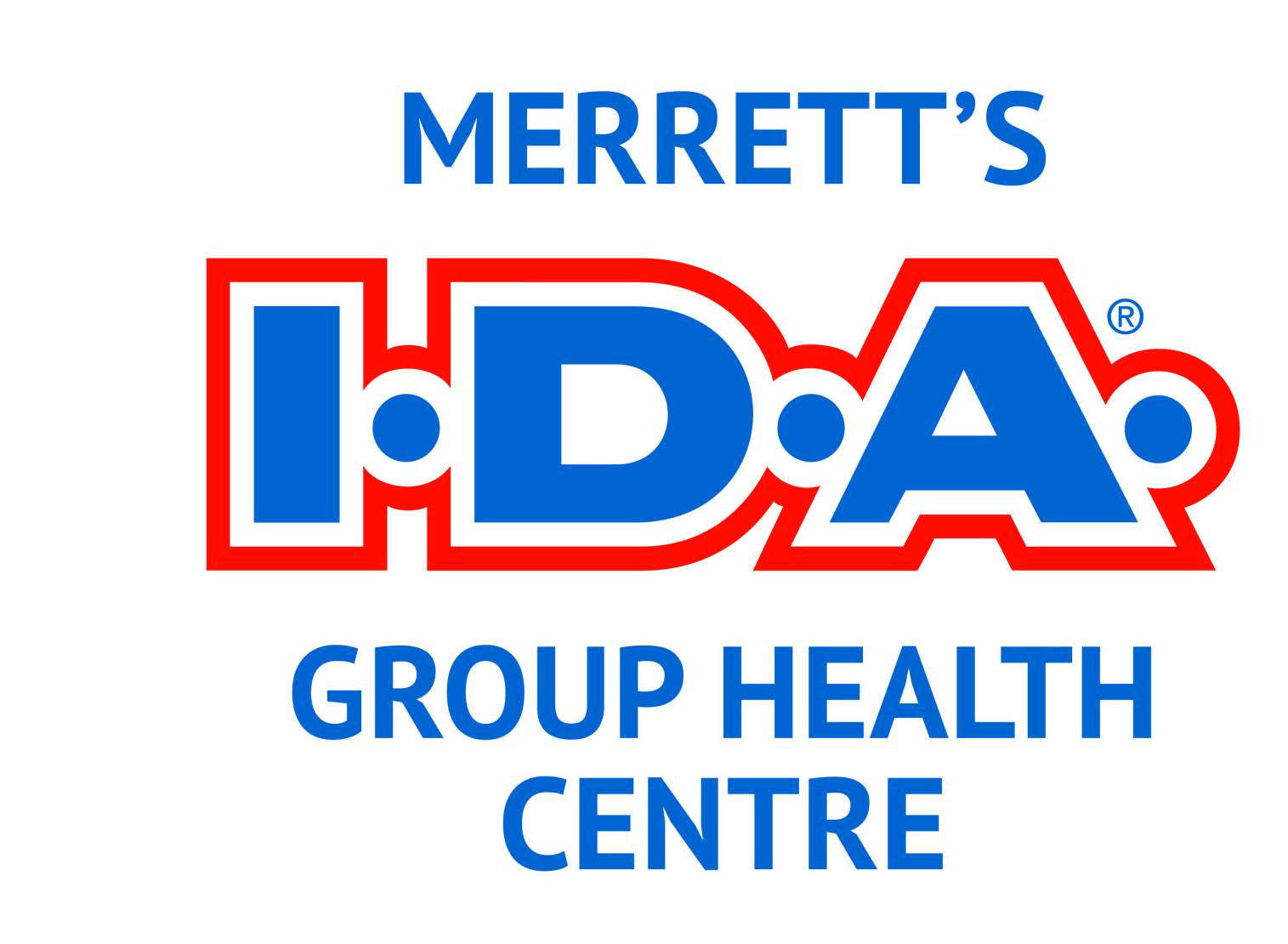Gather all your parents’ medications together, then compare them with the list you got from the pharmacist. Set aside any that are not on the list. Also, check if any medications come from another pharmacy.
If there are several bottles of the same medication, do not put them all into one bottle. Check the date on the pharmacy label and only keep the most recent.
Do the same for all forms of medication (e.g., creams, syrups, drops, and inhalers), not just pills.
Check the expiration dates of over-the-counter medications, natural health products, and others (e.g., first aid or personal hygiene products) and set aside any that are expired or that your parent no longer use.
Now, make a list of all the products your parent use—regularly or from time to time—and give it to the pharmacist, especially if you found medication from multiple pharmacies. He or she will check that they are compatible with your parent’s prescription medications and will advise you whether it is prudent or worthwhile hanging on to them even if they are not expired.
Bring back any expired or unused products to the pharmacy, where they will be safely disposed. Do not discard them in the toilet or with household garbage.
